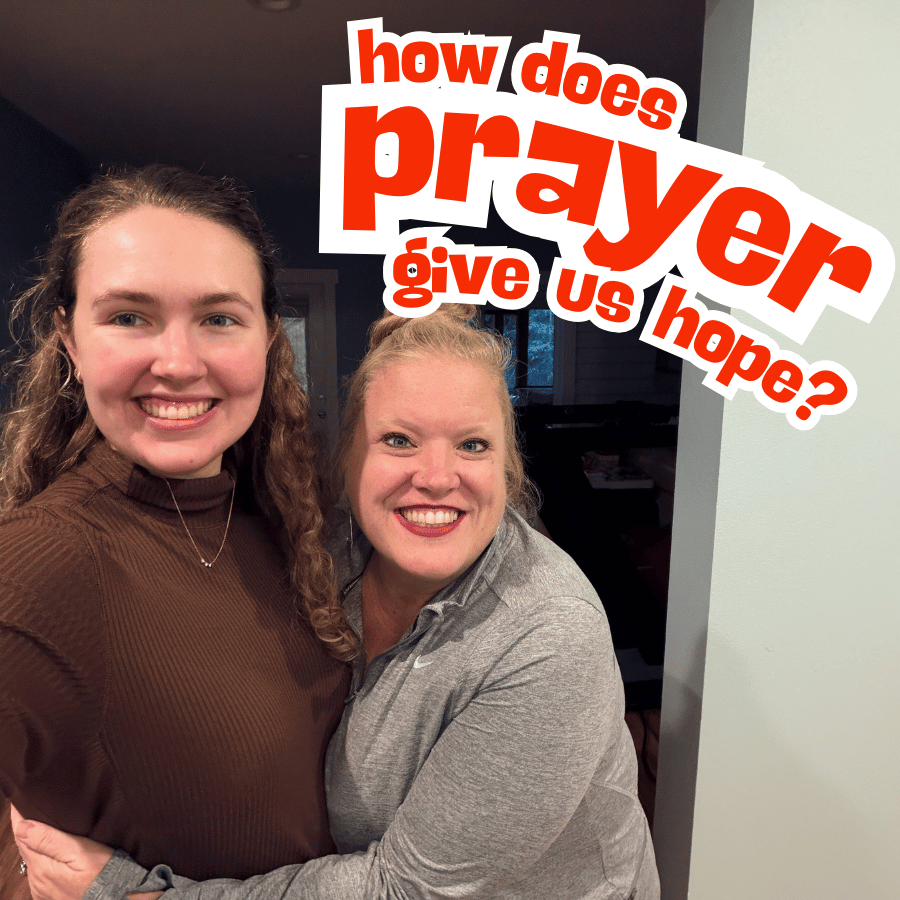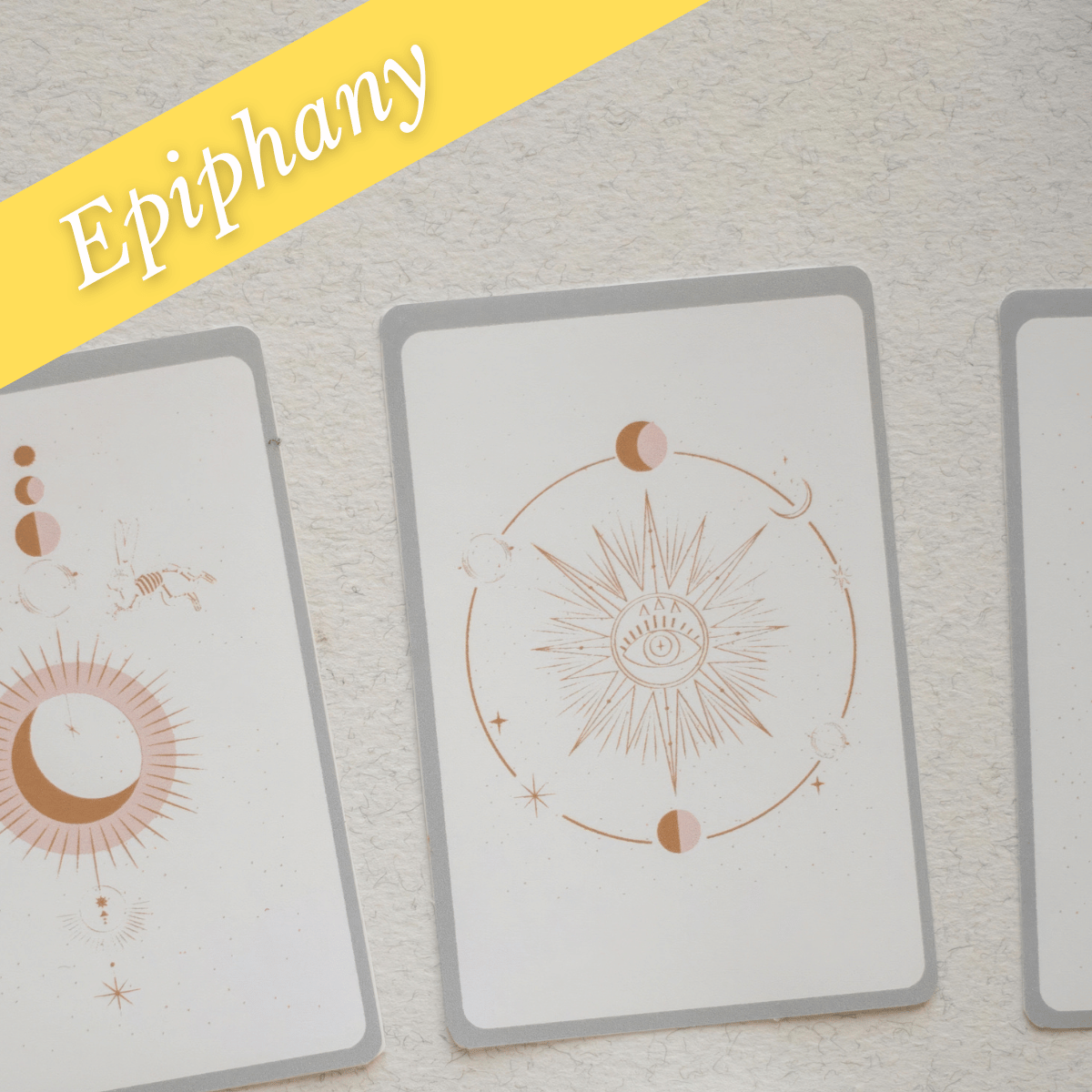Story Truth
Written by Emma McCoy
3 minute read
I like to read. A lot. My mom taught me to read when I was three and I took off from there, devouring any book I could get my hands on. I got my undergraduate degree in English Literature, I’m getting a Master’s degree in writing books, and I read about a hundred books a year. As I sit in my apartment on this Fourth of July, my plans mostly consist of reading The Brothers Karamazov by Dyostesvsky (the beaches are a mess and I don’t want to even think about parking. No need to feel bad for me; I’ll go outside tomorrow).
For most of my life, reading about other people and other worlds has been a twofold experience: an escape, and a lesson.
Without leaving my chair, I can go to all kinds of places and feel things that I might never have dreamed of, going on adventures and stepping into a different life. I’ve been to Regency England, Middle Earth, and on the front lines of WWII. I’ve been a spy, a wizard, and a thief. I’ve sailed through space and grasped at the furthest stars.
Books can do that.
At the same time, reading is also a perpetual lesson. It’s broadened my vocabulary, given me words to describe what’s going on, and sharpened my critical thinking skills. Because of books, I have more words at my disposal to give names to the world around me, and it’s oriented me in my body, my time, and my place. My parents would also say that because I was a reader at a young age, I mispronounced a lot of words I’d read and never heard out loud (most recently, “ennui”).
But perhaps more importantly, reading has developed my sense of empathy.
Now, that’s not to say that I’m only empathetic because I read (the lovely people who raised me would disagree), but I am saying that reading fiction does something very particular in our brains. When we step into a story, and into the head of someone else, we’re experiencing what the characters are experiencing. A study from the National Library of Medicine draws clear lines between reading fiction and a heightened sense of empathy. When I’m into a really well-written story, I cry when someone dies. I laugh at witty arguments. I cheer when the villain is defeated as if I was there all along. And while I tend to read more often than not, this sense of empathy isn’t only limited to books. TV shows, movies, podcasts, and other media can do this same thing. Just the other week, I cried while watching Inside Out 2.
But how does entering a story make me more empathetic in everyday life? That’s a great question, and it means it’s time for an example!
One of my favorite book series of all time is The Hunger Games. It’s a dystopian trilogy written for young adults (12-17 year olds) and follows a teenager, Katniss, as she competes in the games. The books are a wonderful, complex critique of capitalism, and often I find myself looking around and comparing America to the fictional Capitol (the seat of power). If I were in the story, I wouldn’t be with the revolutionaries. I’d be in the group that holds the power. Just this morning I was scrolling on Instagram and came across a video of someone comparing Gen Z and Millennial fashion, pointing out what’s dated, even though both outfits were essentially the same. The overconsumption of the whole thing had me putting down my phone and saying, “I’m living in The Hunger Games, but I’m not the main character. I’m in the Capitol.”
That’s an example of structural empathy, where I’m more aware of my place in an economy and society because I read a fictional story. On a more personal level, I learned how to be more empathetic in my relationships because I read about Katniss. In the books, she’s sixteen, and has been providing for her family single-handedly since she was eleven. Her days are consumed with making sure they don’t starve, and so she comes across as blunt, sullen, and rude. But because the books are written in the first person, I have access to her thoughts and her rich inner life. While the other characters experience her one way, I, the reader, have access to her fears, her hopes, and her patterns of thought. In this way, I can see how and why Katniss acts the way she does, and it makes her more complex than just what she says out loud.
Here’s where it comes into play in real life: I’m the kind of person who loves to participate in the conversation.
I’m chatty, trusting, and open—pretty much the opposite of the fictional Katniss. When I came across someone more like her—introverted, or watchful, or quiet—I wasn’t sure how to respond, and often I’d make snap judgements. But after reading The Hunger Games, I realized that I don’t know what the inside of someone’s head looks like, and it taught me to be more observant and kind before I made assumptions.
Reading a story about someone else can help teach us important things about empathy and real life. In a similar way, connecting to stories about Biblical people can make us more empathetic people.
To be clear: the Bible holds a lot more importance for Christians than fiction. The Bible does a lot more to teach us about the faithful path, and it holds considerably more authority. That can’t be overstated.
At the same time, when I step into a Biblical person’s shoes—like Abram, or David, or Mary—I retain a lesson more completely. I learn more. I feel what they felt, and I become more empathetic and ready to listen. Rather than reading a story and skimming off the top, I can enter into the lives of the characters and try to experience what they experienced: the love, the fear, and the awe. By listening to people, and contexts, and cultures different from my own, I become more aware of the depth and breadth of this life, and everything I have to learn on the faithful path.
This Sunday, join us for our Common Table Gathering as we talk about what it means to connect to, understand, and empathize with Biblical people, and what that has to do with our walk on the faithful path. May we become more like Jesus on this walk. Stay safe this holiday weekend, if you’re American (and if you want to stay inside and read Russian literature, that’s okay too).










3-minute read